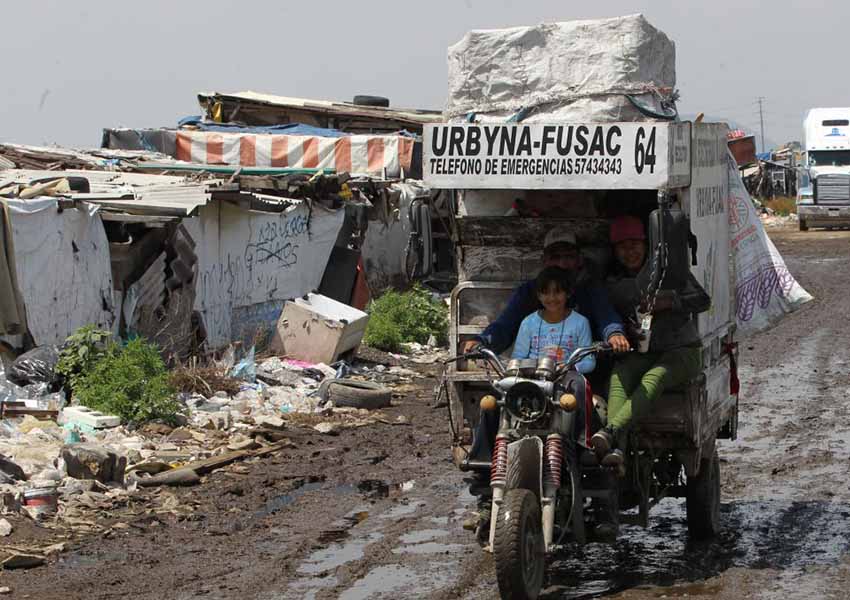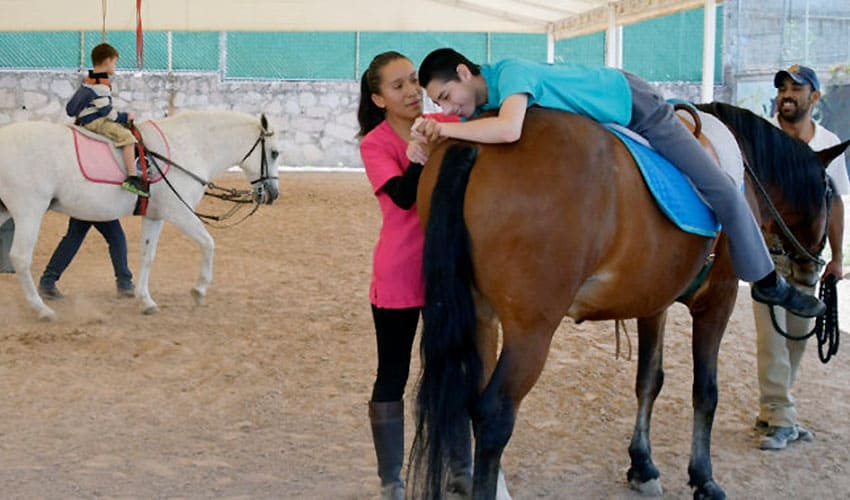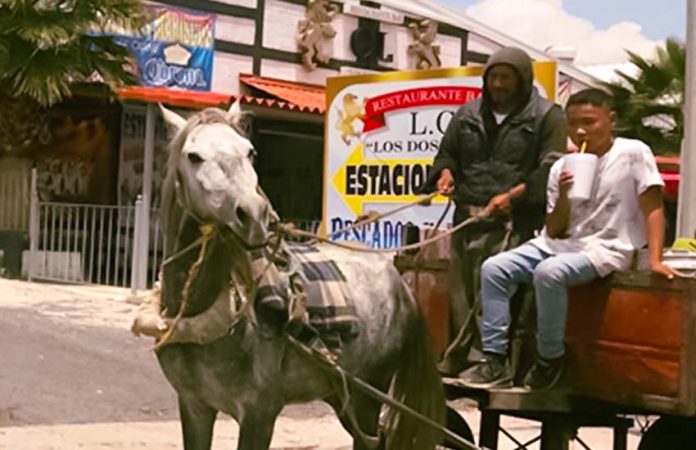Almost 90 horses, mules and donkeys won’t be required to show up for work on Thursday as a ban on the use of animal-drawn garbage carts takes effect in Tultepec, México state.
As of Thursday, trash collectors known as carretoneros (cart drivers) will face fines of almost 1,000 pesos (about US $50) as well as 36 hours of jail time if they defy the ban, which was introduced to protect animal welfare.
Scofflaws could have even have their work permits revoked.
In prohibiting the use of animals in garbage collection, Tultepec — considered Mexico’s fireworks capital — followed the lead of other México state municipalities such as Nezahualcóyotl, Coacalco and Ecatepec. Trash collectors will now have to use motorized vehicles to traverse the streets of Tultepec.

In consideration of that requirement, the municipal government last month approved a 10,000-peso (US $500) payment for carretoneros to help them cover the cost of purchasing a motorbike to pull their carts. Mayor Sergio Luna Cortés acknowledged that the payment “isn’t enough” but stressed that it will nevertheless help the rubbish haulers.
He also noted that authorities are providing them with uniforms and shoes.
Some 30 trash collectors have already bought adapted motor trikes that effectively function as small garbage trucks. The newspaper El Heraldo de México reported that the vehicles cost between 70,000 and 80,000 pesos (US $3,500-$4,000).
Luna indicated that trash collectors have had time to make the transition as authorities reached an agreement with them in March to phase out the use of horse, mule and donkey-drawn carts over a period of six months. But many carretoneros didn’t rush to make a change to the way they have long worked.

El Universal reported Wednesday that dozens of trash collectors were continuing to use equines to pull their carts. The newspaper also said that a total of 87 animals would cease pulling garbage carts on Thursday.
Tultepec public services director Mario Torres Roldán said in early August that the garbage collectors could sell their horses, mules and donkeys or donate them to the local DIF family services agency, which runs an equine therapy program. Animals that are in poor health will be taken to a sanctuary, he added.
The official also said that the municipal government was working with veterinarians to worm and shoe the cart-hauling equines.
Torres noted that Tultepec residents generate 60 tonnes of trash a day, 90% of which is collected by the municipal government. The remaining 10% is collected by the independent carretoneros, who work for tips.
“They don’t collect much, but they do help us, of course,” said Torres, who explained that most Tultepec trash collectors live in the neighboring municipality of Tultitlán.
“We’re not stopping them from continuing to work in the municipality, but we are asking that they do so under the right conditions,” he said.
With reports from El Universal and El Heraldo de México
